News
14 Oct 2024
Eco-friendly food packaging is reaching a whole different level of sustainability
Enhanced biodegradable polymers are now made with kombucha-derived cellulose nanofillers
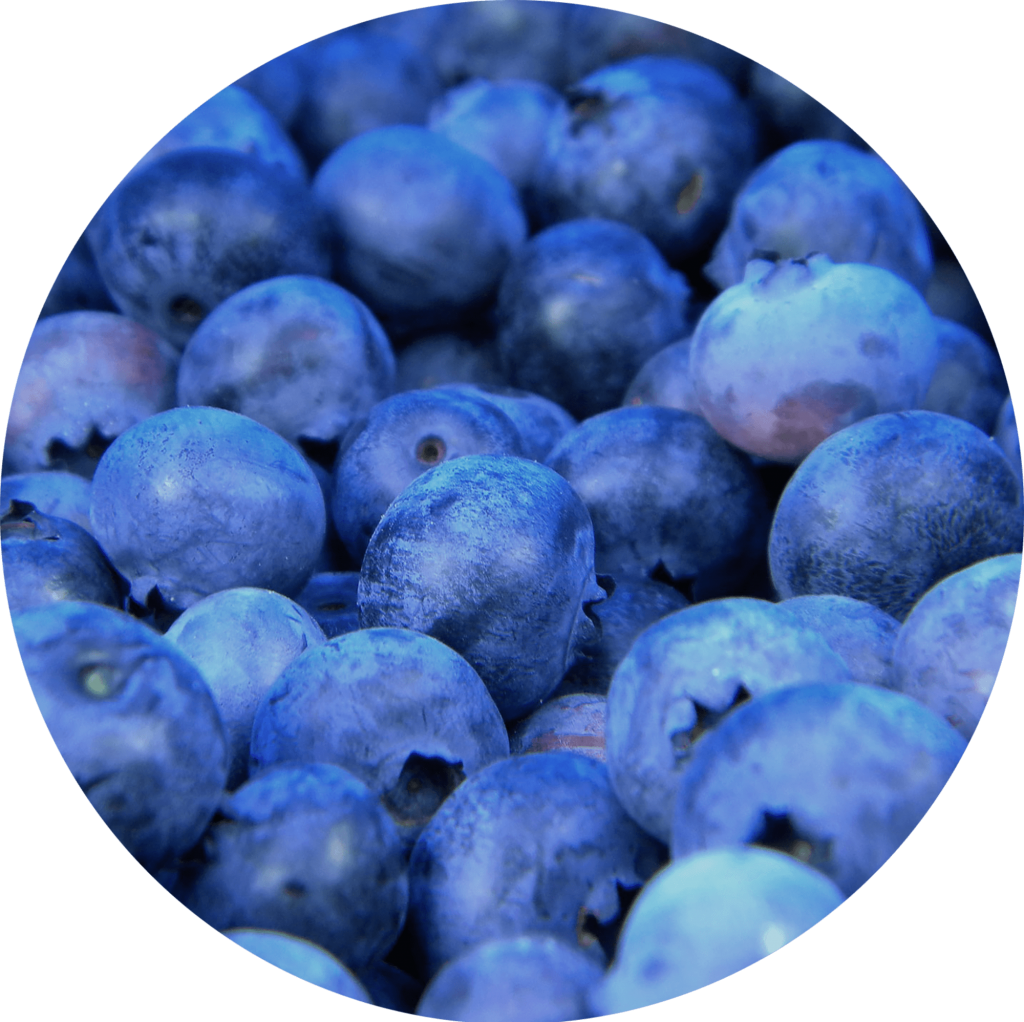
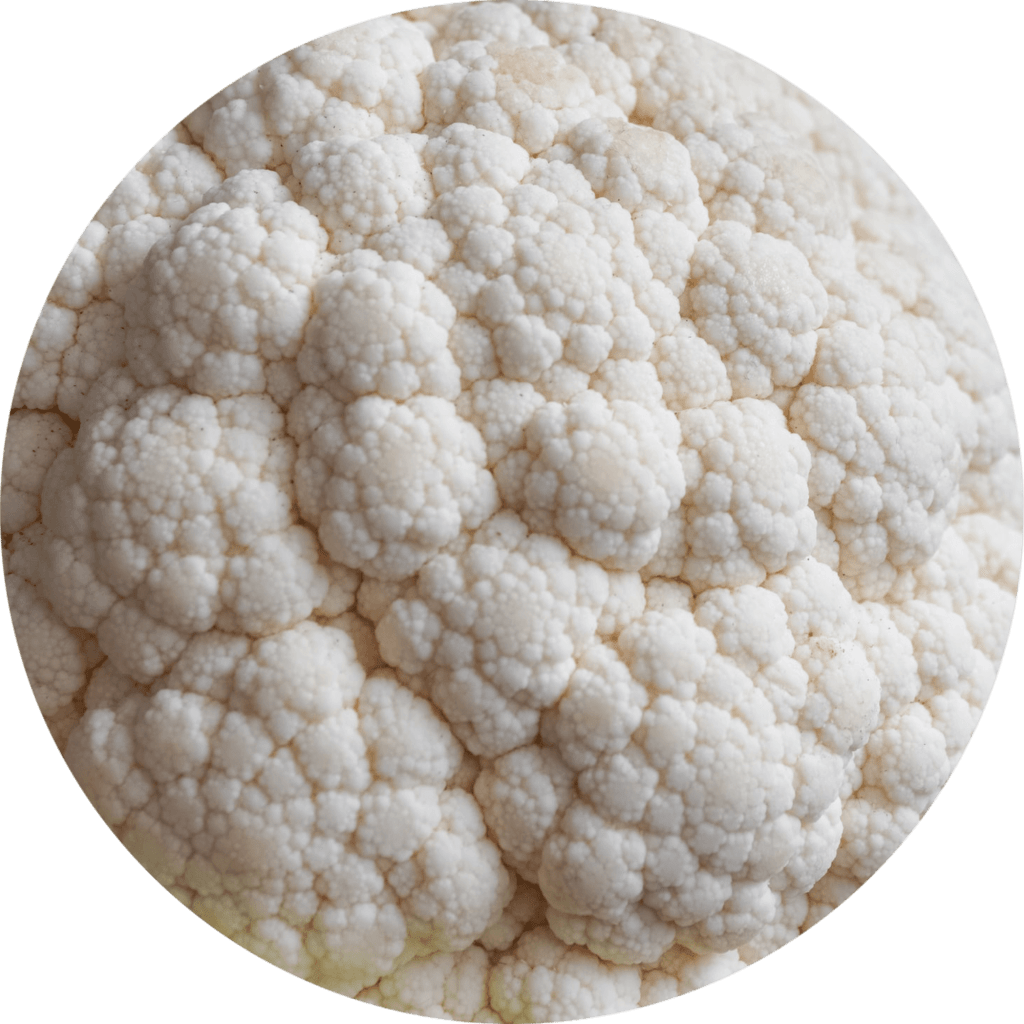
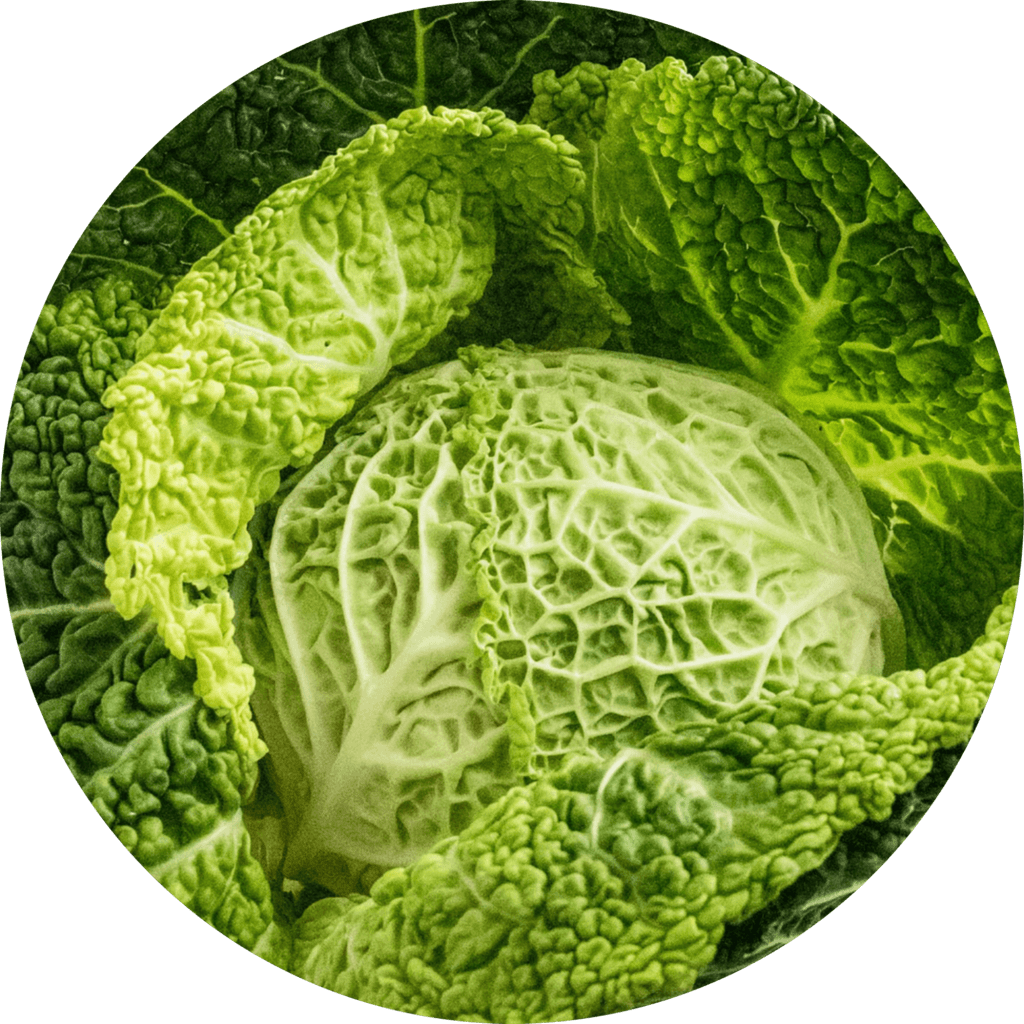
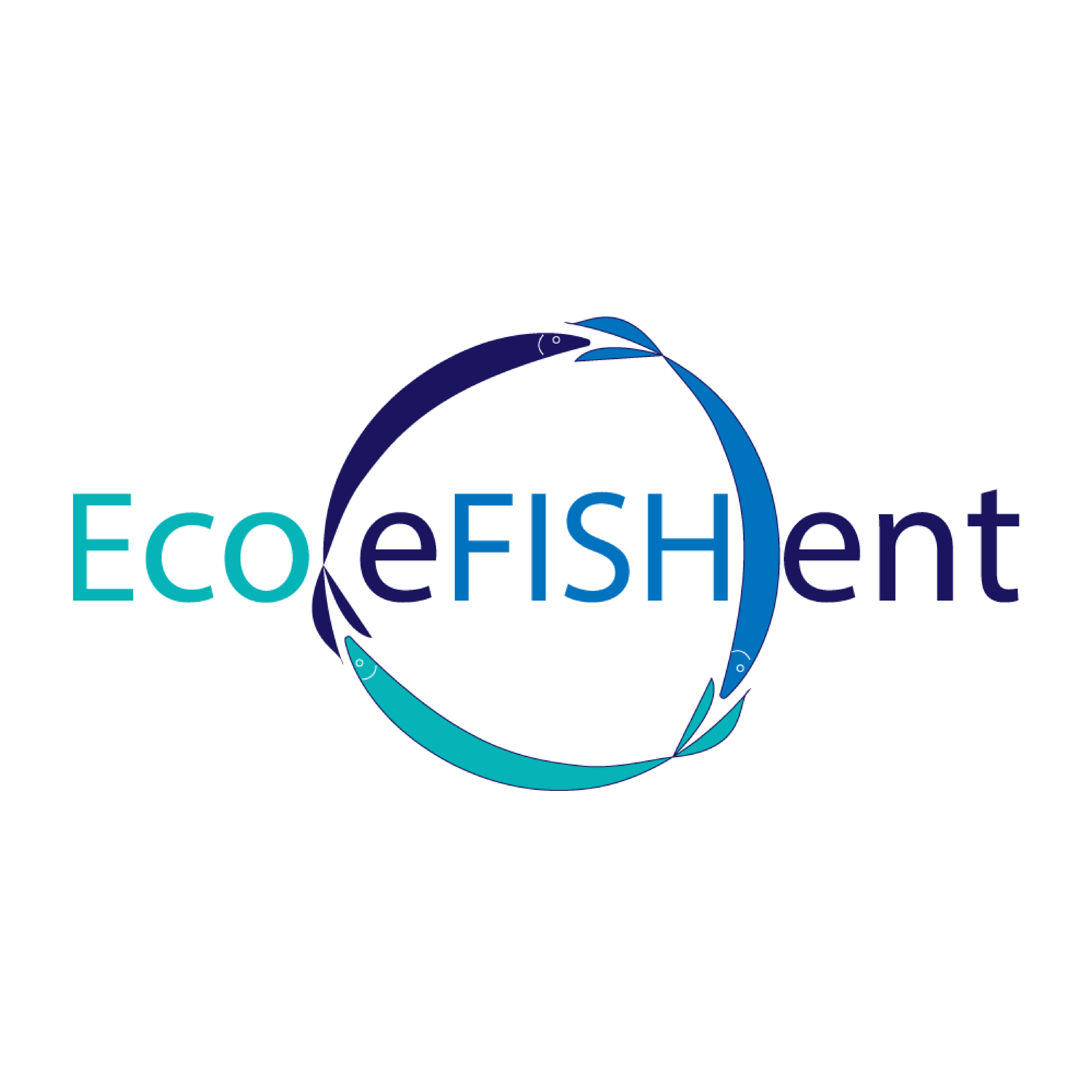
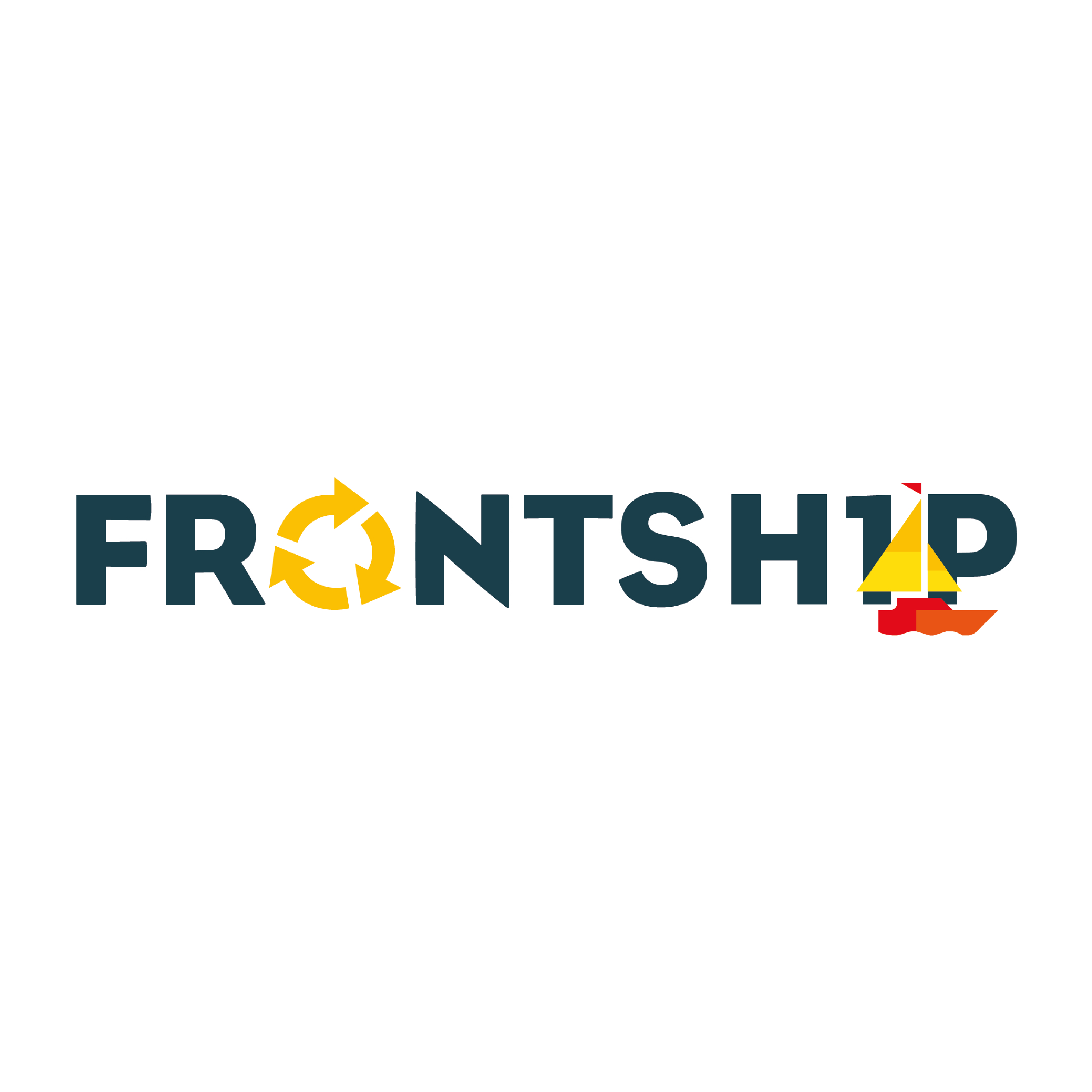
European regions crucial actors and drivers for the implementation of circular ecosystems and value chains. As such, the LOOP cluster came to life as a joint, bottom-up initiative of the four sister projects Agro2Circular, CIRCULAR FOAM, EcoeFISHent, and FRONTSH1P, all funded under the same Horizon 2020 GD3.2 call to demonstrate systemic solutions for the territorial deployment of the circular economy in European regions and their further replication. As all four projects share the same goal a regular exchange and deep cooperation seemed and seems only natural.
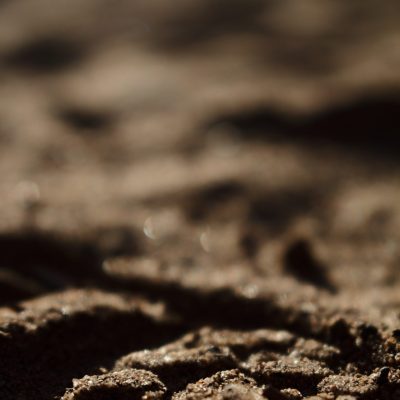
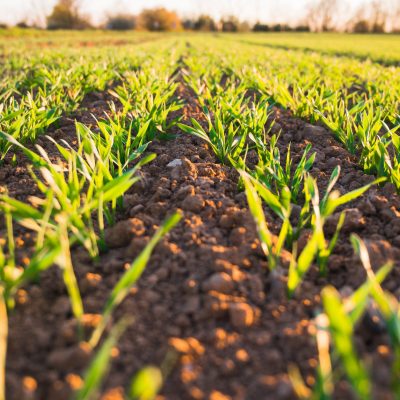
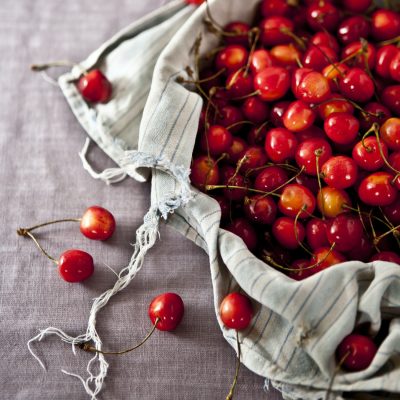
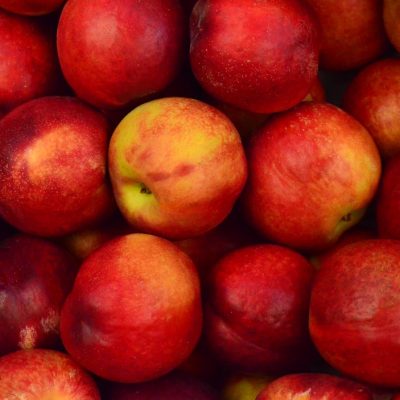
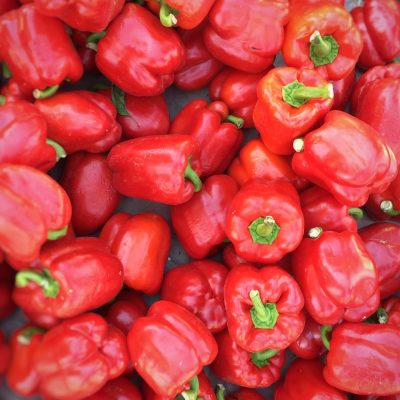
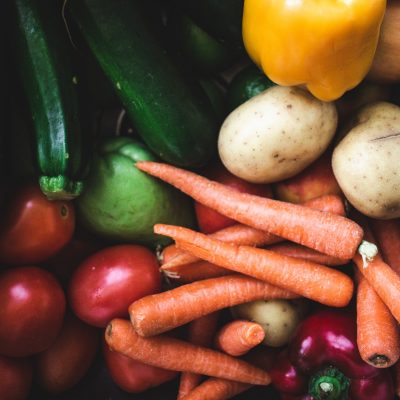
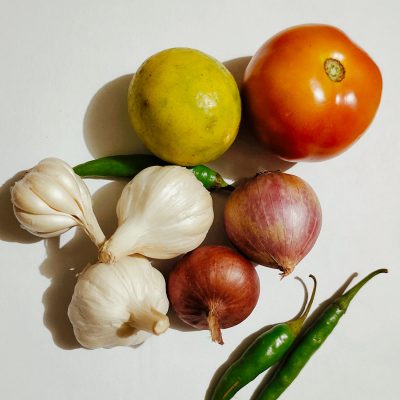
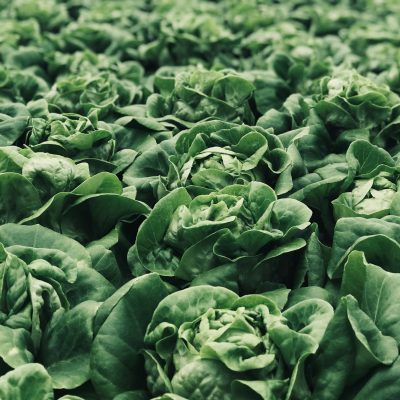
A2C is EU project boosting the upcycling of agri-food wastes (from F&V and MPF) through innovative routes of valorisation, leading to high extraction yields, bioactives with the purity and stability required to be used for the production of new food, cosmetic and nutraceutical formulation.
The whole process and products will be traceable through an innovative ICT platform functioning as predictive tool for decision support (DIS – data integration system).
Reducing the consumption of primary materials (fossil, biomass and metal ores) in >13,000 ktonnes
Improve sustainability and circularity of clusters’ economic sectors, natural ecosystems, management and valorisation of local resources
Decreasing >27,000 ktonnes CO2 eq emissions
15 new key exploitable results and >30 new circular business models, generating a turnover of 166.8M€
Job creation: short term (26) -> medium term (295) -> through replication (590-2655)
>30 business ideas and establishment of >100 local alliances
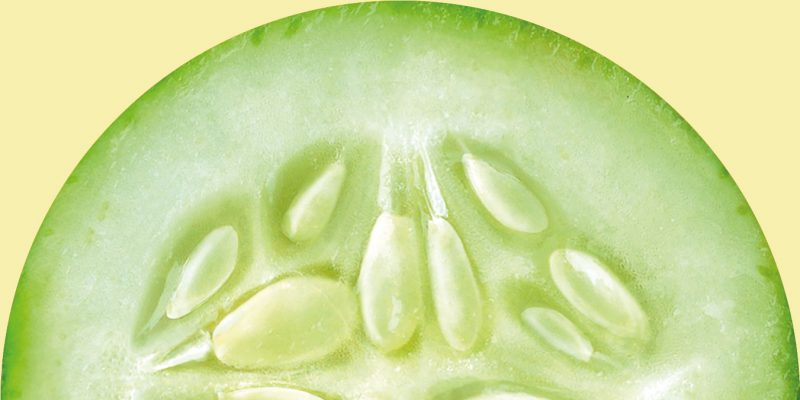
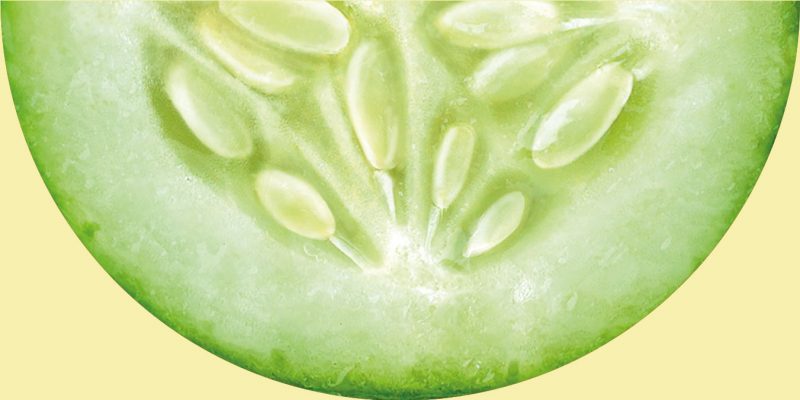
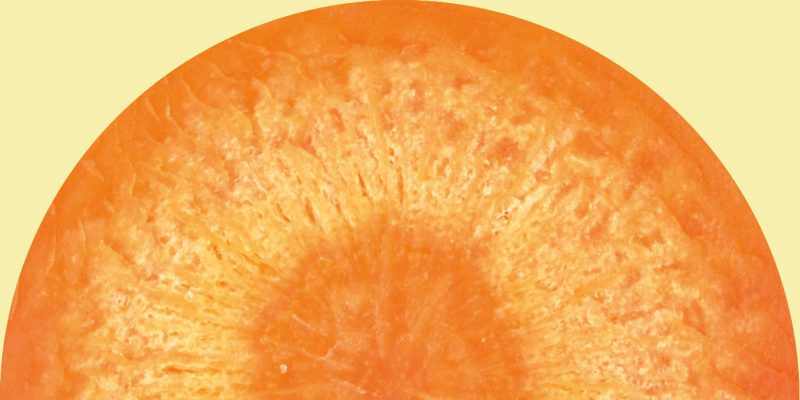
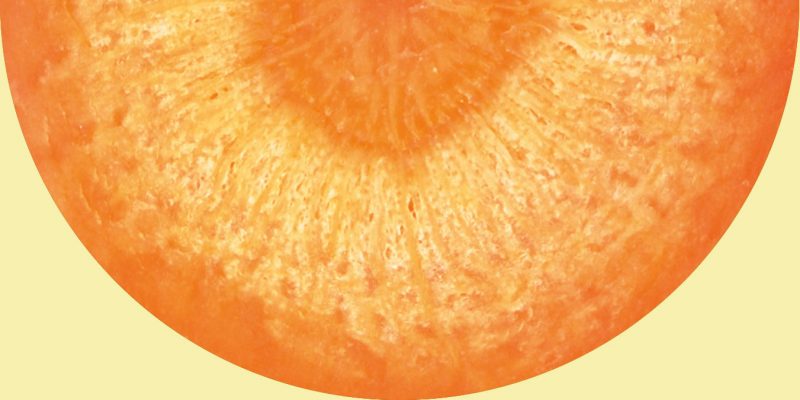
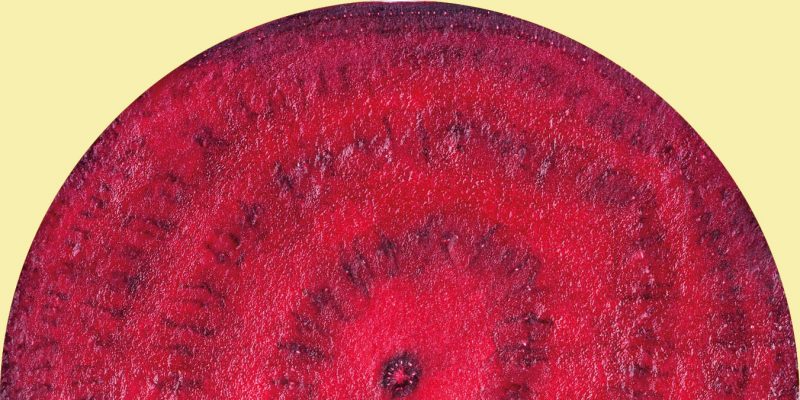
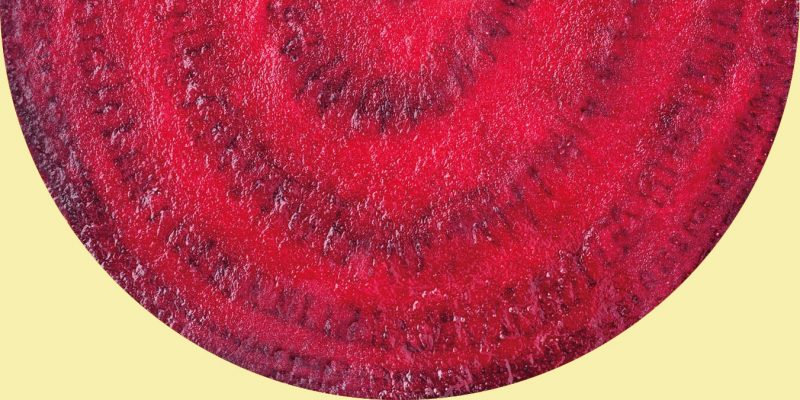
This circular approach will be shaped around a multidimensional model enabling adoption and scalability of territorial systemic solutions while being sustainable, regenerative, inclusive, fair, boosting urban®ional economies, empowering all actors (citizens, industries, decision makers, academia) and fostering circular practices.
The A2C approach will be tested in the Región de Murcia (Spain) and replicated in other two other EU countries (Italy and Lithuania), backed up by a circular business model and strong public engagement and co-creation processes, maximizing replicability and scalability.
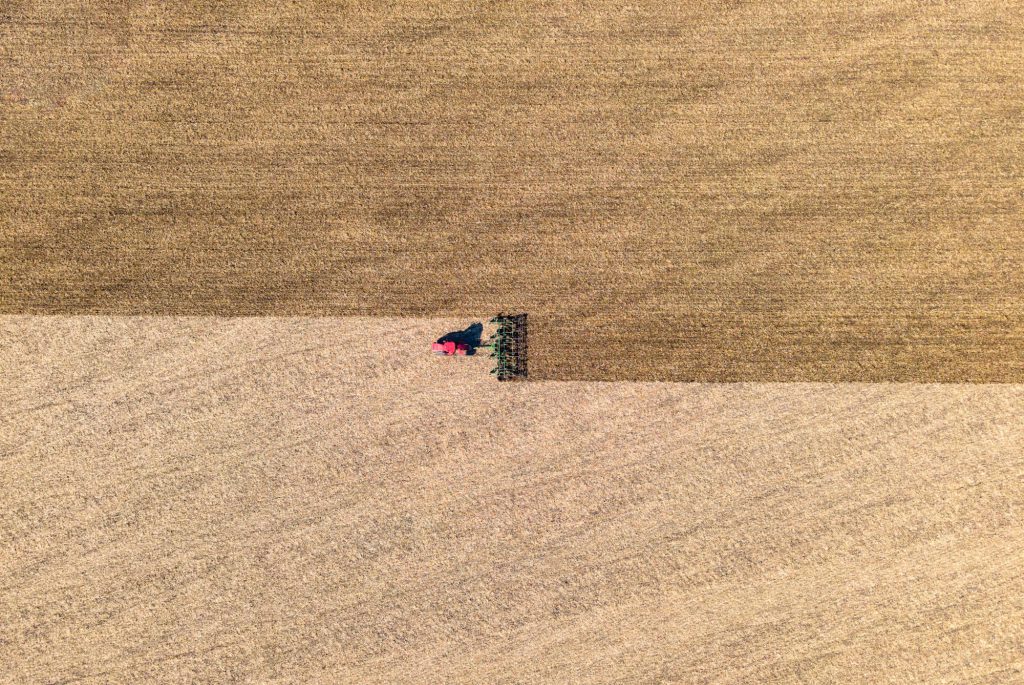
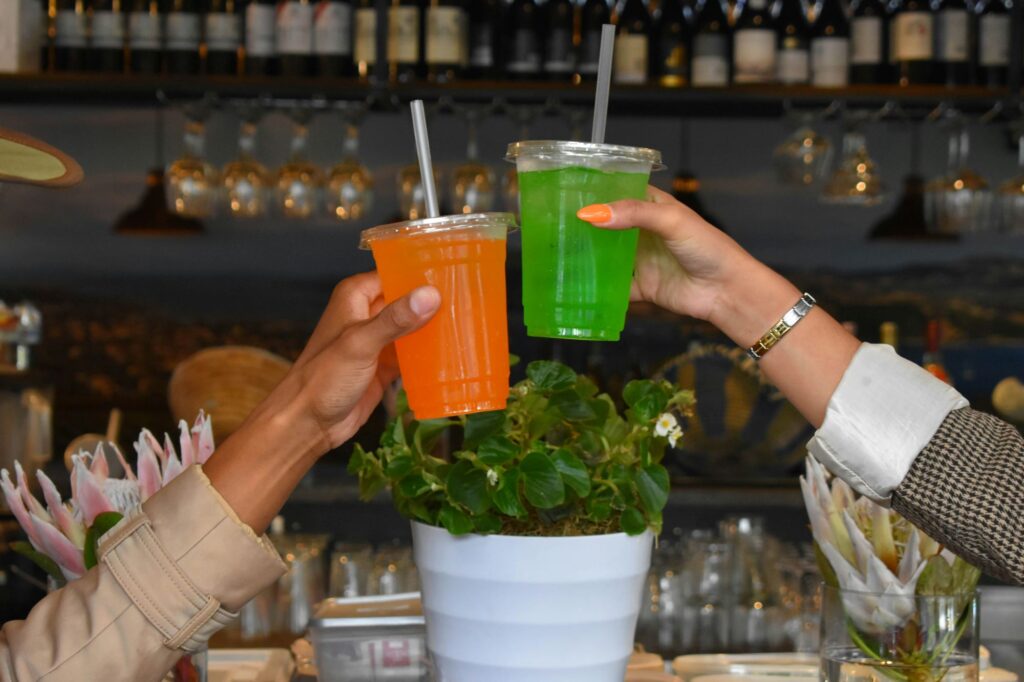
Enhanced biodegradable polymers are now made with kombucha-derived cellulose nanofillers

CETEC presents breakthrough research on PHBV production to global experts in circular biopolymer innovation
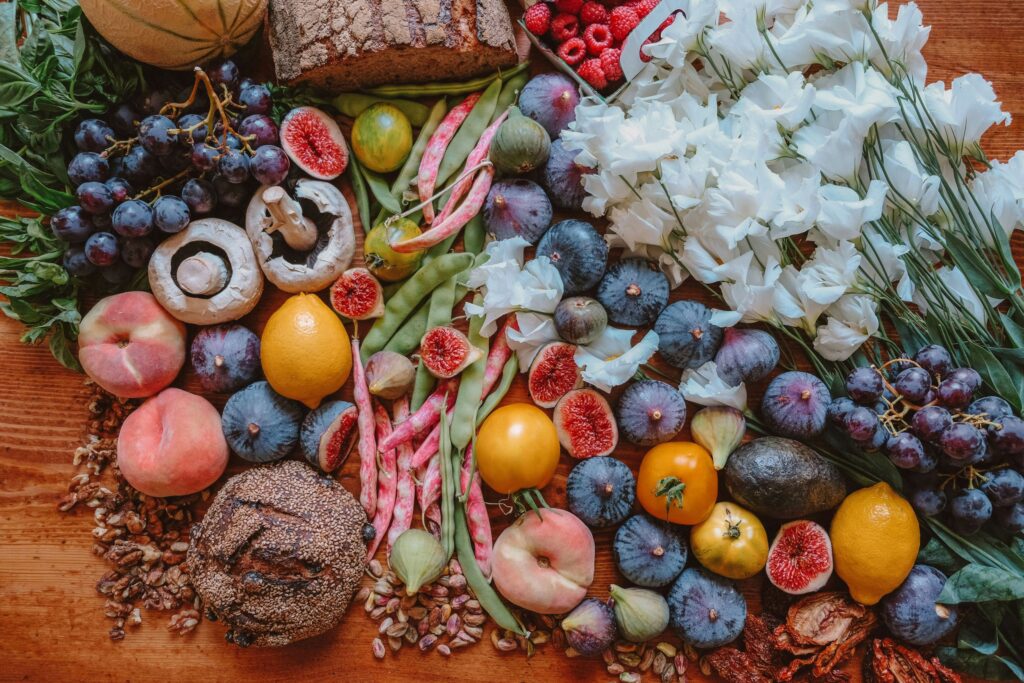
The successful workshop features Agro2Circular and other projects for showcasing solutions in the food sector